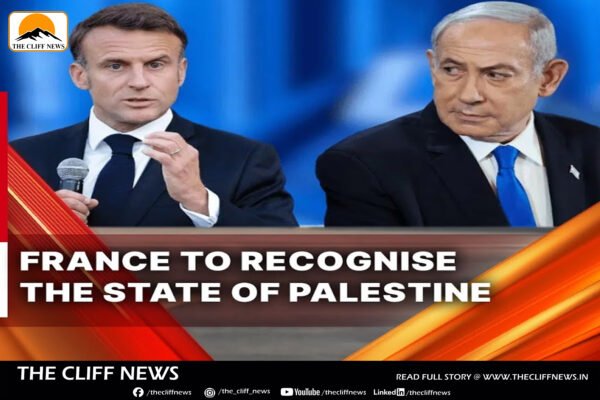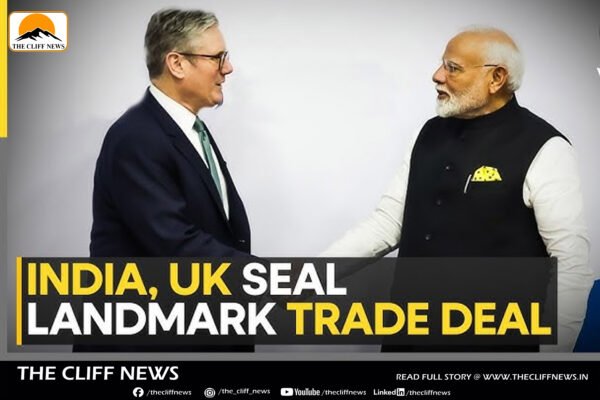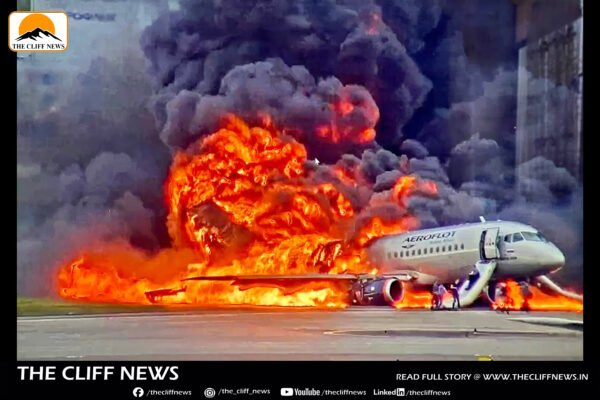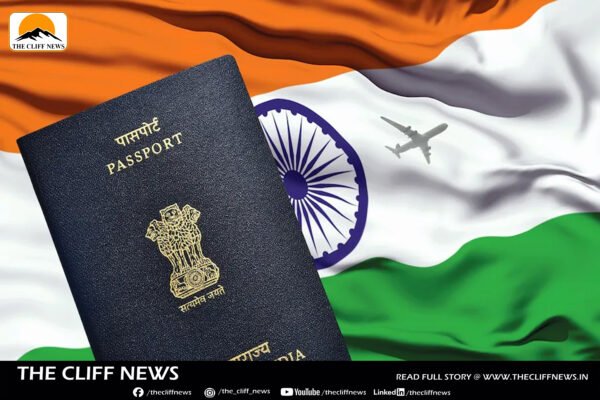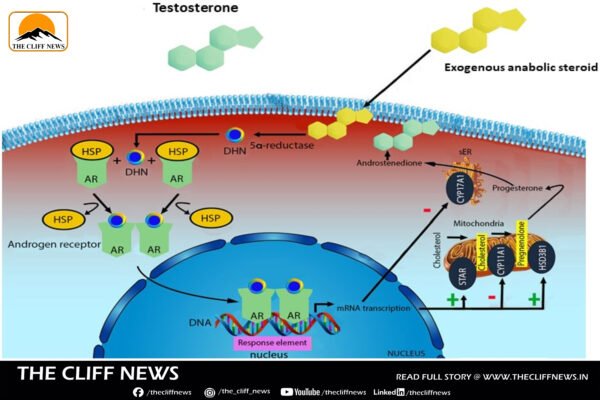U.S. Rejects France’s Palestinian State Recognition Plan
U.S. Secretary of State Marco Rubio has declared that Washington “strongly rejects” French President Emmanuel Macron’s proposal to formally recognize a Palestinian state. Rubio criticized Macron’s move as “reckless,” arguing that it bolsters Hamas propaganda and hinders the peace process. 🇫🇷 France’s Bold Move at the UN Macron announced that France will recognize a Palestinian state at the UN General Assembly in September, marking a significant shift. If implemented, France would become the largest Western power to move forward on recognition. Currently, over 140 UN countries recognize or plan to recognize Palestinian statehood, but key nations like the U.S., UK, and Germany have refrained. Some EU members—Norway, Ireland, and Spain—have already begun the recognition process. 🇮🇱 Israel’s Strong Objections Prime Minister Benjamin Netanyahu condemned Macron’s decision as a “reward for terror,” warning it could create a launchpad for Israel’s annihilation. Defence Minister Israel Katz echoed the sentiment, calling the move a “surrender to terrorism”, and asserting Israel will not permit a Palestinian entity that threatens its security. 🇺🇸 U.S. Policy: Absence at UN Conference The U.S. has declined to attend a UN conference on the two-state solution, co-hosted by France and Saudi Arabia from July 28–30. Deputy State Department spokesperson Tommy Pigott stated simply: Washington “will not be in attendance.” On policy direction, while the U.S. nominally still supports a two-state framework, former President Trump and some officials have expressed doubts about its viability. Trump’s controversial suggestion to “take over” Gaza, displace Palestinians, and turn it into a “Riviera of the Middle East” drew widespread criticism as tantamount to “ethnic cleansing.” And although Ambassador Mike Huckabee suggested an independent Palestine is no longer a U.S. goal, the State Department clarified that Huckabee “speaks for himself.” 📌 Context & Humanitarian Crisis No questions were asked in your message—but if you’d like clarity on any specific element, such as U.S. diplomatic posture on the two-state solution or international reactions to Macron’s announcement, feel free to ask.
